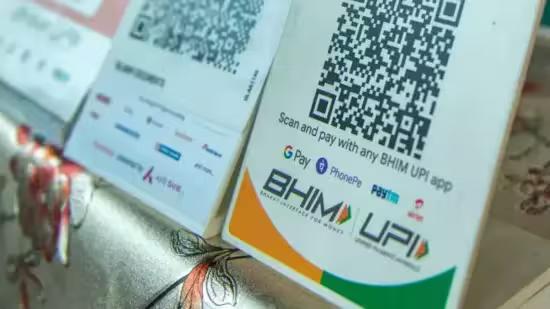
Trinidad & Tobago becomes the first Caribbean nation to adopt UPI
In a significant development, Trinidad and Tobago has become the first Caribbean country to adopt Unified Payments Interface (UPI), India’s flagship digital payment platform. The two countries have also agreed to explore further collaboration in the implementation of India Stack solutions, including DigiLocker, e-Sign, and Government e-Marketplace (GeM).
This milestone achievement was announced during Prime Minister Narendra Modi’s two-day official visit to Trinidad and Tobago. The adoption of UPI in Trinidad and Tobago is a significant step forward in the digital payment landscape of the Caribbean region, and it is expected to bring about numerous benefits to the country’s citizens and businesses.
For the uninitiated, UPI is a payment system developed by the National Payments Corporation of India (NPCI) to facilitate peer-to-peer transactions between banks. It allows users to make transactions using a unique payment address, known as a Virtual Payment Address (VPA), which is linked to their bank account. UPI has revolutionized the way people make payments in India, making it faster, more secure, and more convenient.
The adoption of UPI in Trinidad and Tobago is a significant achievement for both countries, and it marks a new chapter in their bilateral relations. The collaboration between India and Trinidad and Tobago is expected to pave the way for further cooperation in the fintech and digital payments sectors.
Trinidad and Tobago joins a growing list of countries that have adopted UPI, including Bhutan, Nepal, Singapore, Malaysia, and several others. The country’s adoption of UPI is expected to bring about numerous benefits, including faster and more secure transactions, reduced costs, and increased financial inclusion.
The adoption of UPI in Trinidad and Tobago is also expected to boost the country’s digital economy, which is a key area of focus for the government. The country’s digital economy is expected to play a key role in driving growth and development, and the adoption of UPI is a significant step forward in this direction.
In addition to UPI, Trinidad and Tobago has also agreed to explore further collaboration in the implementation of India Stack solutions, including DigiLocker, e-Sign, and Government e-Marketplace (GeM). DigiLocker is a digital locker service that allows users to store and access their documents digitally, while e-Sign is an electronic signature service that allows users to sign documents digitally. GeM is an e-marketplace that allows government agencies to purchase goods and services digitally.
The adoption of these India Stack solutions is expected to bring about numerous benefits, including increased efficiency, reduced costs, and improved transparency. These solutions are also expected to play a key role in driving digital transformation in Trinidad and Tobago, and they are expected to have a significant impact on the country’s digital economy.
The collaboration between India and Trinidad and Tobago is a significant development, and it is expected to pave the way for further cooperation in the fintech and digital payments sectors. The adoption of UPI and India Stack solutions is a significant step forward in this direction, and it is expected to bring about numerous benefits for both countries.
In conclusion, the adoption of UPI in Trinidad and Tobago is a significant achievement for both countries, and it marks a new chapter in their bilateral relations. The collaboration between India and Trinidad and Tobago is expected to pave the way for further cooperation in the fintech and digital payments sectors, and it is expected to bring about numerous benefits for both countries.






